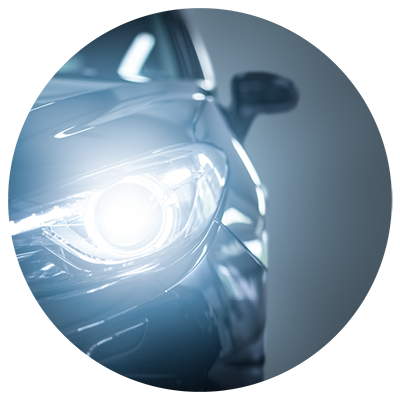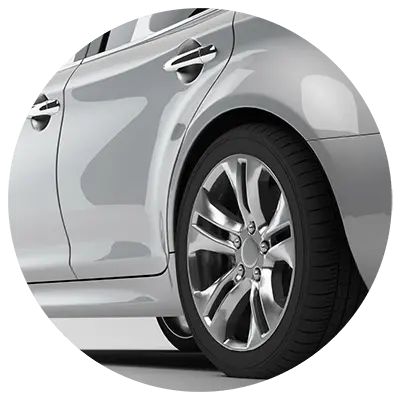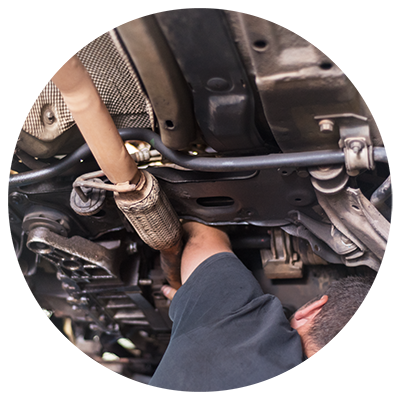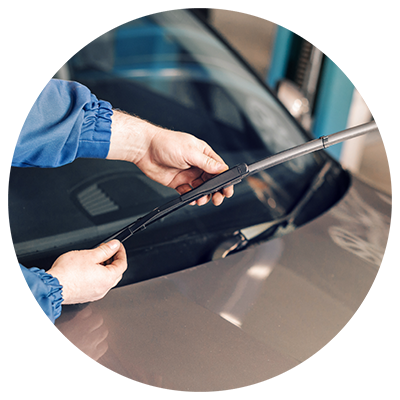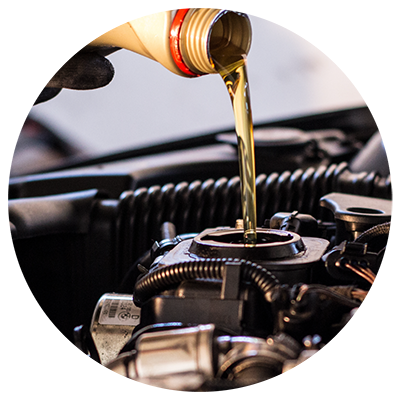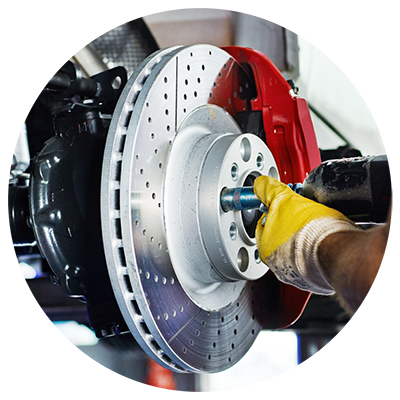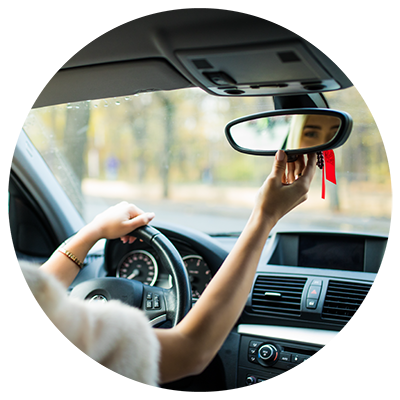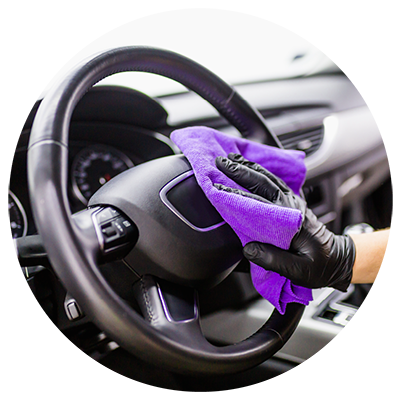Pre-MOT checks you can do yourself
A vehicle can fail an MOT test for a number of reasons, a wide range of tests are carried out across all areas of the vehicle and it only has to fail in one of these areas to fail the whole MOT.
It’s a good idea to prepare a checklist a few weeks before your MOT to make sure that your car is in the best possible condition by the time it is inspected. Many of the most common reasons for MOT testing failure are areas that can easily be checked at home. So, by assessing these in advance, you can fix any issues and increase the chance of passing your MOT.
A pre-MOT checklist should cover the following areas:
Lights
Your lights need to all be in good working order. This includes your headlights, sidelights, indicators, and brake lights as well as your number plate light. You may need to get a friend or family member to assist you when checking the brake lights, or back your car up to a wall and check them via reflections.
Things such as unsecured light mounts can also be cause for MOT failure. So be sure to check whether there are any wobbly lights on your car.
Tyres
Your tyres should be properly inflated (check your vehicle handbook for the correct tyre pressures or use our tyre pressure checker) and have at least 1.6mm of tread around the whole tyre.
A good way to check your tread depth is the 20p test. Any unusual wear could highlight a problem so bring your car down to your nearest Kwik Fit centre or a free tyre check. Tyre problems are the biggest cause of all MOT failures so it is especially important to check these in advance!
Exhaust
Listen out for any excessive noise or rattling when your vehicle is running. This may suggest a problem with the exhaust system, which could result in a failed MOT. Another easy check is to see whether there’s smoke coming from the exhaust. This is normal on startup for diesel engines, but excessive smoke may indicate a problem.
Similarly, if there’s fuel or oil leaking from the exhaust, there’s likely a problem further up the line – possibly with the spark plugs or glow plugs not warming/burning fuel properly.
Windscreen and wipers
Any chip or crack in your windscreen that is larger than 40mm will result in a failed MOT. On the drivers’ side the allowance is even smaller; any damage larger than 10mm in the area covered by your driver-side wiper will result in a failure.
As well checking your windscreen for faults, it is also important to assess the wipers. Your wipers and washers should be in a suitable condition to give you a clear view of the road ahead. If your wipers are splitting or your washer feed is blocked, this will require attention prior to your MOT. You can fail your MOT for having no screen wash so make sure that the bottle is topped up!
Fuel and engine oil
It is important for your car to have adequate fuel and oil levels to carry out the required emission tests.
To check your oil levels, remove your dipstick from the engine and give it a wipe. Put it back in the engine and pull it out again. Your oil level should be between the minimum and maximum marks (check your vehicle manual for specific instructions).
Make sure your car is parked on an even level when doing this.
Brakes
Make sure your braking system is in good working condition.
If the car pulls to one side when you apply the brakes, this suggests a problem that requires further attention before you take your MOT. If you have alloy wheels, it may be possible to carry out a visual inspection of the braking system without removing the wheel. Check for excessive wear of brake pads or pitted brake discs as this could be an indication that your brakes need replacing.
You should also test your handbrake – this needs to be strong enough to hold your car stationary so be sure to test this, especially on an incline. If you're not sure, why not pop into Kwik Fit for a free brake check ahead of your MOT.
Mirrors
Your mirrors must be intact, secure, and free of cracks. You can fail an MOT for cracked or smashed mirrors so make sure any damaged mirrors are replaced before your test.
You can often find replacement mirrors for your car make and model online, but be careful with the ‘self-adhesive’ types – they’re likely to fall off again in no time. If you’re unsure about replacing a mirror, call your local Kwik Fit centre for help.
Interior Checks
It is important to ensure that all of your seatbelts are of the correct length and in working order. If you pull sharply on each seatbelt they should react by locking.
Your horn will be tested during your inspection – it is important that it can be heard by another road user. Giving your horn a quick honk should show whether it is working!
Finally, the warning lights on your dashboard will be included in your test so it is crucial to make sure that they all light up when you start the car and that they go out before you start driving.
If any of the warning lights remain lit then you should fix the errors or have your car seen to before your test.
Invest in services
To keep your car in the best condition you can and pass MOT tests hitch-free, have it regularly serviced at your local Kwik Fit Centre.

